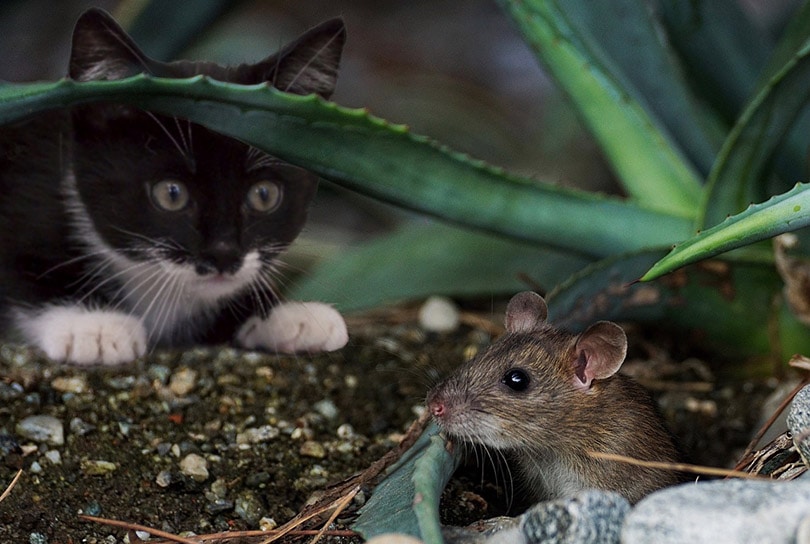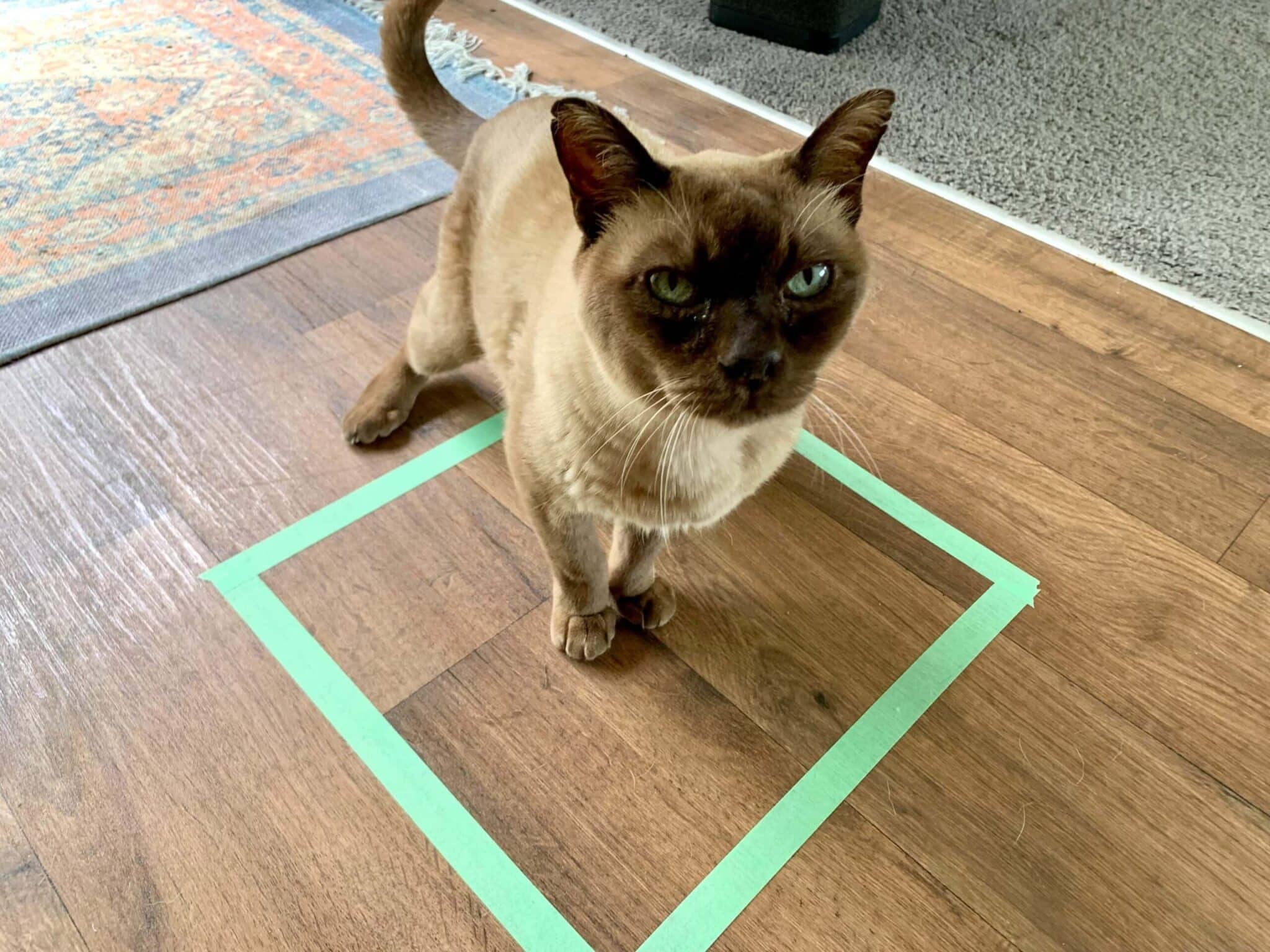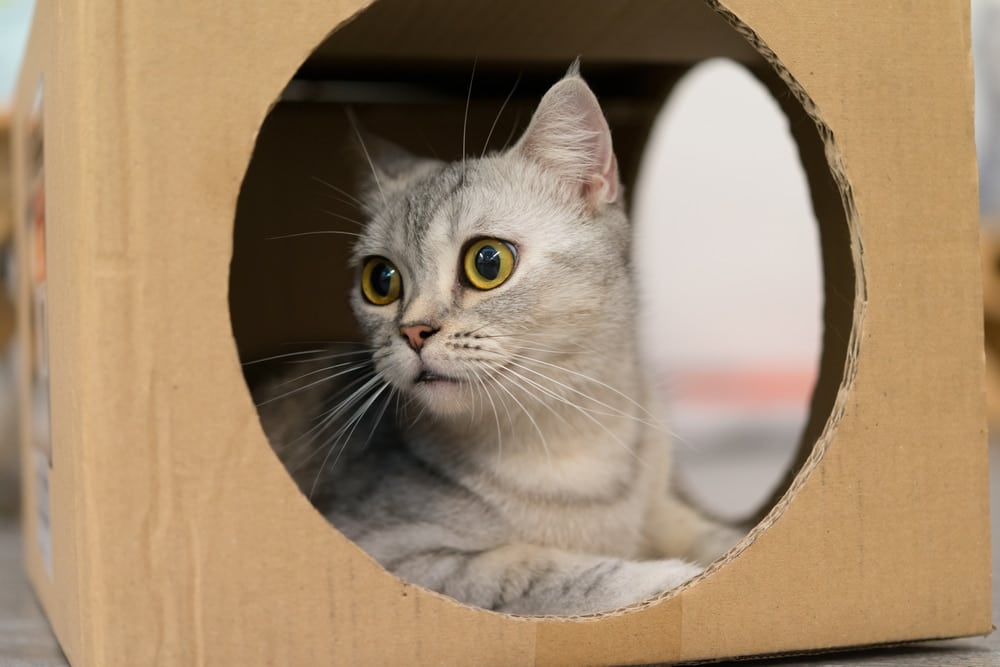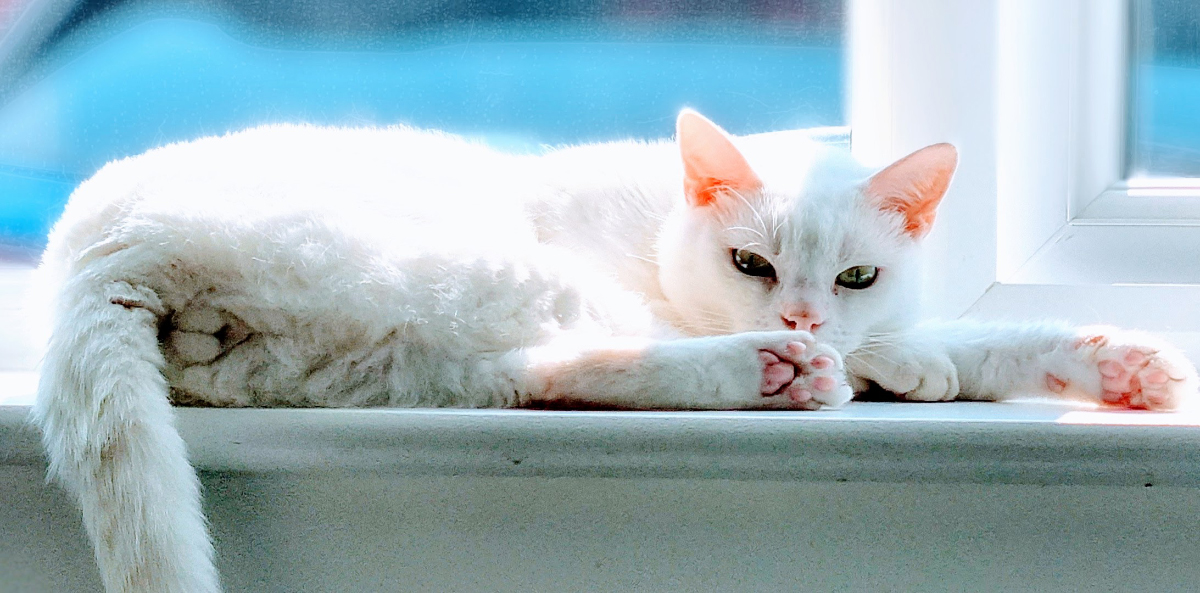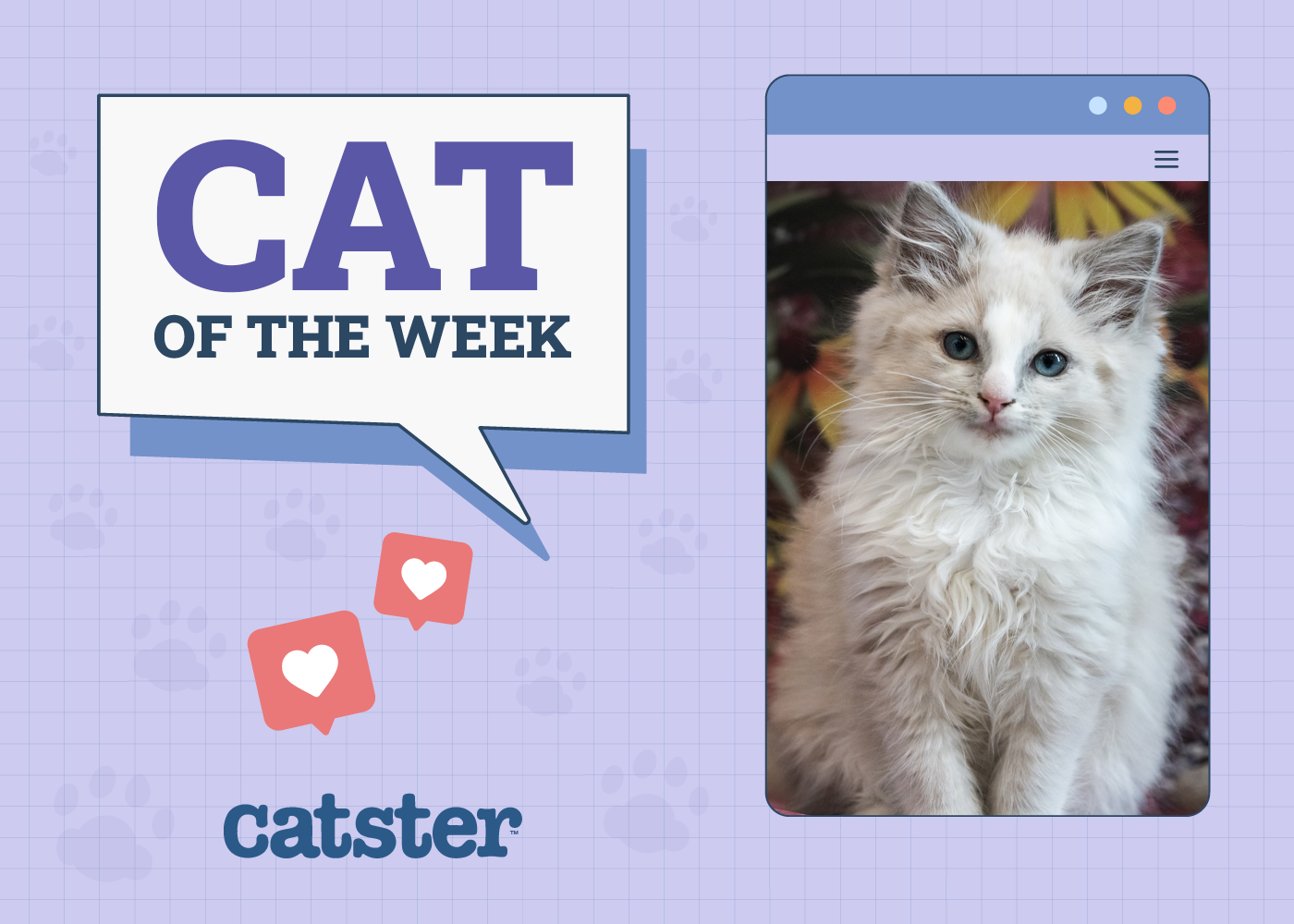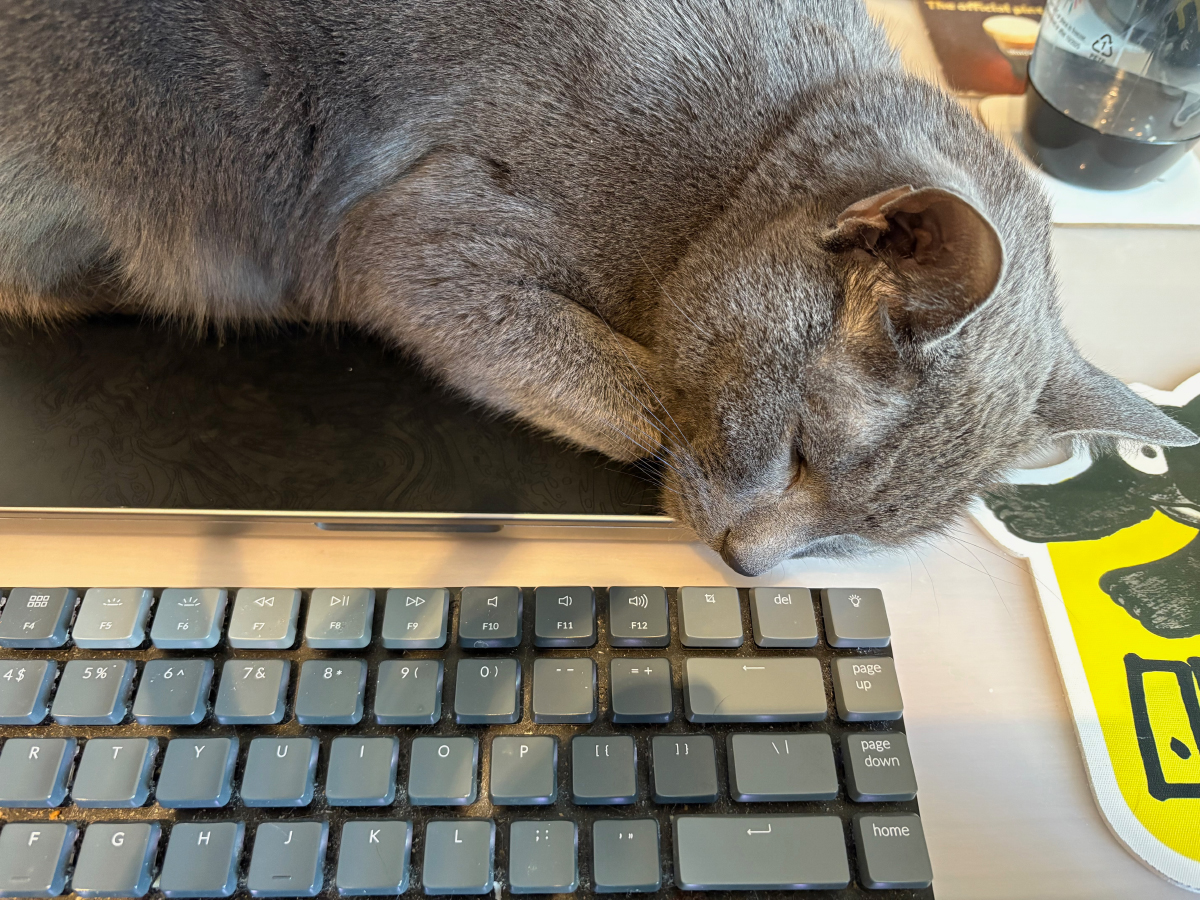Click to Skip Ahead
We all know the relationship between cats and mice. If a mouse is in your house, whether your cat is the world’s laziest hunter or the best, they will probably notice. Knowing of the relationship between cats and mice may leave you wondering why cats react the way they do to these rodents. That answer is simple, it’s in their nature.
A question you might be asking yourself is, how does your cat hunt mice at night? Is it difficult for them to see? Do they hear them better? Cats have adaptations that allow them to hunt effectively at night. That means your cat is able to hunt mice at night, even when things are seemingly too dark for your perception.
Let’s take a look at how cats hunt mice at night. Looking at this part of your cat’s world may open your eyes to a side of your kitty you never knew existed.

What You Need to Know
Cats and Mice
We’ve already mentioned that cats are predators. If they weren’t curled up on your sofa as pets, they’d be like their wild counterparts – stalking birds, squirrels, mice, and a whole array of tiny woodland creatures to not only satisfy their appetites but to adhere to their natural prey drive.
When it comes to a mouse, there’s a lot to attract a cat’s attention. Mice are small, making them manageable targets for a cat. In addition, cats can hear mice, as mice communicate in frequencies we cannot hear, but cats can. This helps a cat better locate mice.
Finally, cats are instinctive hunters and don’t need much of an excuse or training to go after a prey that fears them and runs from them. These actions just fuel a cat’s hunting instinct.
While your cat may not need to catch mice for food, they still find it exciting. On the opposite side of the coin, mice have been known to avoid areas when they smell a predator, such as a cat. Just as a cat knows mice are easy targets, mice know cats are dangerous. You may feel your cat isn’t up to having fun in this traditional game of cat and mouse, but that’s not the truth. They love interacting with prey and learn how to do it successfully from their mothers when they are young. Hunting is instinctive for cats, which is why they’ll likely go after a mouse if the opportunity arises.
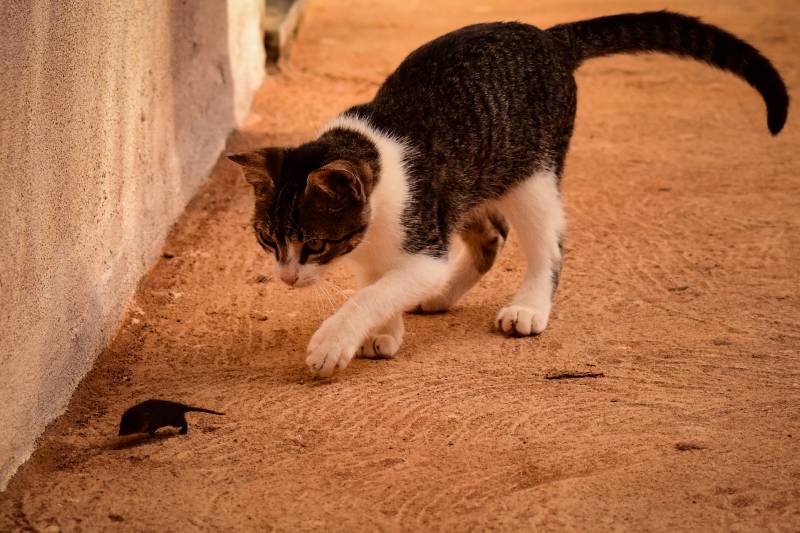
Cats Hunting During Night
It is not unusual for cats to hunt during the night. They have several adaptations that let them do so successfully. They can see in dim light and possess a reflector system in each eye, known as a tapetum lucidum, which allows them to see to a slightly better extent in dim or low lighting than if they did not have this system. It should be noted that cats cannot see in absolute darkness, though.
Cats also have whiskers, which allow them to better perceive their surroundings, making night-time ambushes easier. Lastly, as mentioned previously, cats can hear mice, and, seeing as how mice are often more active at night, this often leads cats to also be more active at night.

How Cats Hunt Mice at Night
Now that you understand a bit more about your cat and their instinct to hunt mice, you may wonder how they do it at night. To be honest, it’s not much different than how they hunt throughout the day. And yes, your cat will hunt in the daytime hours. Cats will strike whenever the chance arises. Cats normally use certain methods of hunting. They like to either ambush, perform the pounce and strike, or fish for their prey.
When a cat is hunting, you’ll often find them hiding and using stealth so that their prey can’t see them. Usually, a cat is crouched and may ambush their prey for a long time before going in for an attack that’s described as a rapid burst of speed.
When the time is right, your cat will attack. They leap onto the mouse, using their paws to control it. This is when you may notice your cat toying with the mouse. This part of the hunt may look horrible, but it’s actually a great strategy for cats to employ.
A theory suggests that by toying with their prey, cats can tire them out and avoid any type of nibble or injury when they go in for the kill. However, this isn’t seen in wild or hungry cats, and playing with prey wastes both time and energy; therefore, this theory is considered somewhat flawed. A better theory is that well-fed cats may play with their prey simply as a form of entertainment and enrichment.
In the wild, mother cats often take injured prey back to their kittens to help them learn how to hone their hunting skills. In such an instance, the kittens might “play” with their food as a form of hunting practice.
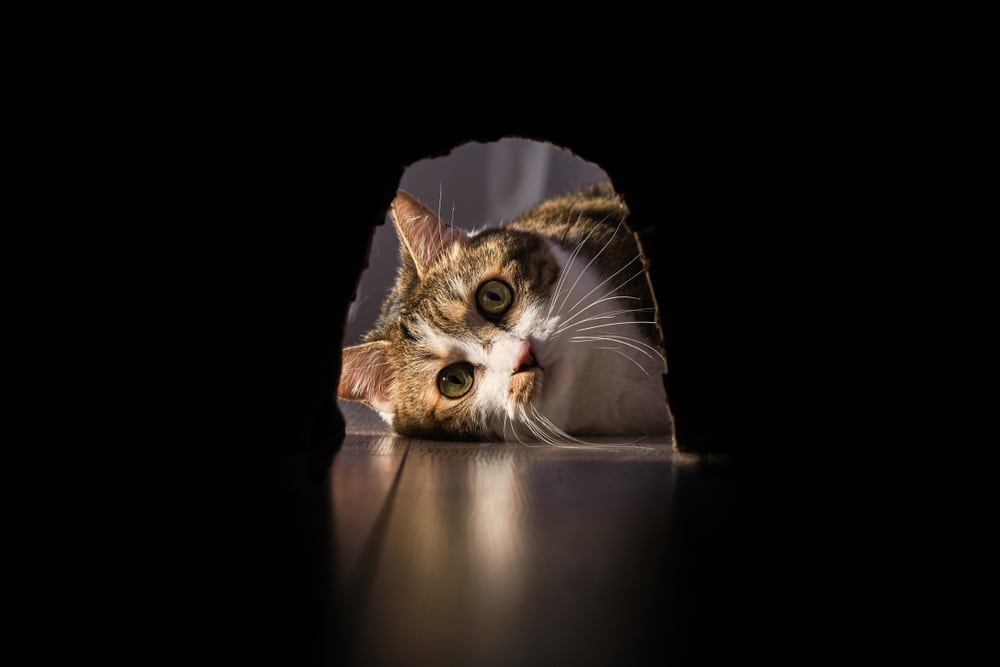
The Reward
After your cat has prowled the house in the dark and stalked and caught their mouse, they’re most likely going to bring it to you. This may be a bit upsetting, but it’s another natural reaction of your cat. They want to make sure you know what they’ve done, so they present you with their trophy. You can take this action as your cat seeking your approval or them considering you a terrible hunter and trying to give you something so you don’t starve. Either way, it’s truly the thought that counts.

Is Hunting Mice Dangerous for Cats?
As we’ve already mentioned, the hunt is natural. For indoor cats, however, you may find that they hunt and kill mice, but perhaps not eat them (this isn’t always the case though, as cats aren’t opposed to a snack even if they’re well-fed). This is due to your cat being well cared for and fed.
Cats who aren’t exposed to that type of satisfying lifestyle are more apt to eat the mice they catch. This can be dangerous as mice are known to carry certain diseases and parasites. If you’re a pet owner and would prefer to keep your cat healthy, it may be best to step in and stop the massacre before your cat has the chance to finish off the mouse they’ve hunted.
It isn’t advised to let your cat roam outdoors and hunt mice or other fauna. As mentioned, these animals can carry diseases or parasites that can be harmful to your pet. An unsupervised cat may also be at risk of being injured or preyed upon by larger animals. In addition, cats are very destructive towards local fauna, and allowing cats to roam unsupervised is therefore considered an ethical dilemma.

Final Thoughts
While night hunts are commonplace for cats, it can still be disturbing to hear them get after something when you can’t see what’s happening. Unfortunately, there isn’t a lot you can do about it. If there’s a mouse in your house, it will most likely make an appearance when the house is quiet. Once this happens, the tiny creature is at the mercy of your hunting champion feline.
Do not be alarmed, however, if your cat does not take part. Pet cats often hunt opportunistically, and if your cat is not in the same location as the mouse, they might not notice the rodent. But if you do have a kitty that loves to hunt at night, you might find an unsightly surprise in the morning, or worse, in the middle of the night.
Pet cats shouldn’t be used for pest eradication, and if you do have a rodent problem, you should have your concerns addressed by relevant pest control authorities rather than potentially putting your cat in danger, as prey like mice do pose some health risks for cats.
Related Reads:
- Why Do Cats Sneak Around? Possible Reasons for This Behavior
- How to Satisfy Cat Hunting Instincts: Expert Tips
Featured Image Credit: 165106, Pixabay

